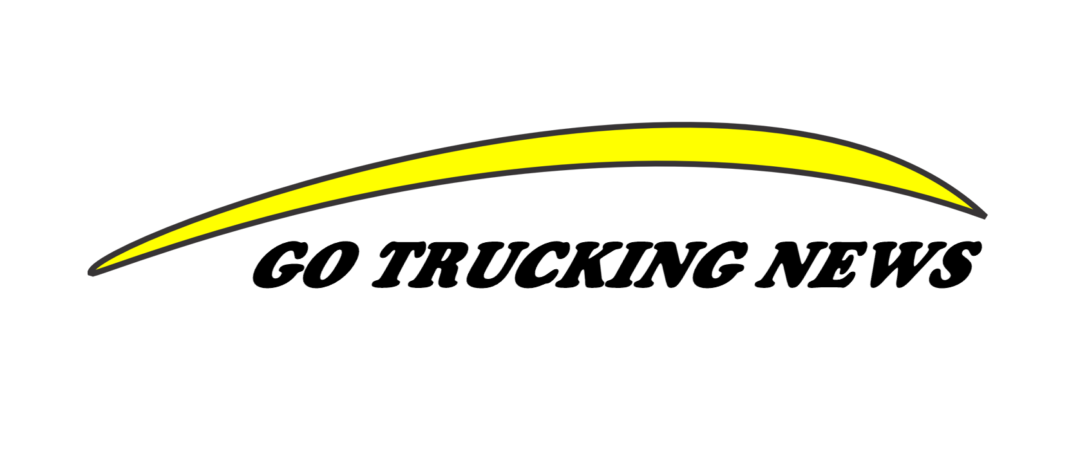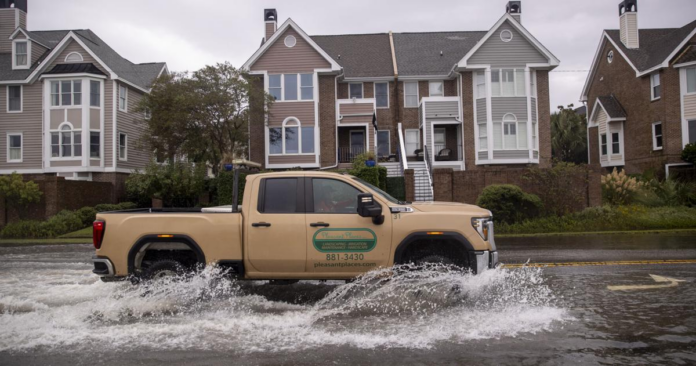Charleston Mayor William Cogswell is asking a very good, timely — and probably controversial — question:
“People want to get to their homes, but they can’t because the road is underwater,” Cogswell explains. “All of these roads flood, and we can’t afford to fix them. How is that not a road project?”
His logic would convince many, and if not, the mayor is well-prepared to debate it … but we’re not there yet. Because first he has to convince Charleston County Council.
Mayor Cogswell and City Council are compiling a long list of projects for the 2026 transportation sales tax referendum, including major road improvements for Johns Island, James Island and West Ashley.
They’ll also ask for a portion of the $455 million the city needs for a $1.5 billion Battery extension. That’s where this gets controversial.
But Cogswell argues it shouldn’t. That money would leverage more than $1 billion in federal funds and, he says, increase the odds of leveraging more federal funds to fix flooding problems across the county.
And, truth is, the city simply can’t raise its match alone. That $455 million is what it costs to run the entire city for nearly two years.
This will no doubt be one of the biggest questions the county faces as it crafts the details for the upcoming referendum, which is critical to the Lowcountry’s infrastructure needs for the next two decades.
If the proposed sales tax fails, well, our current traffic woes will become fond memories of better times … and downtown Charleston may have to rebrand itself as America’s Venice.
Officially, county officials have said little about the city’s plan. Some have suggested support, but most remain noncommittal … and a couple outright bristle at the idea. One county official says there’s no way a seawall project gets included in the referendum.
Those folks fear any part of the Battery extension — which the city may list as Lockwood Drive improvements (that’s the part it wants to fund with sales tax money) — would become this campaign’s Interstate 526. That controversial $2.3 billion highway project is often blamed for the defeat of the 2024 transportation sales tax.
To complicate matters, county officials aren’t sure the idea’s even legal. State officials want to see the ballot wording before making a ruling, but getting to that point requires County Council’s approval.
Council has asked municipalities to submit their priorities, which is a good idea. Cogswell says it’s inspired, because cities know what their most critical needs are.
Mount Pleasant, for instance, might want greenbelt money to buy Highway 41 property that otherwise would be developed and flood the town with more traffic.
That’s a smart strategy, and highlights the complexity of all this: Transportation funds can be used to buy property, which is only tangentially related to traffic; so Cogswell plausibly reasons that fixing chronic flooding on existing roads certainly qualifies as a transportation issue.
Cogswell also contends that giving municipalities greater say in what goes on the ballot exponentially increases the odds of voters approving the sales tax.
“The burden is on us to be thoughtful and fair, and I think it will pass,” the mayor told me. “People are really hungry for something like that. Ninety percent of what people tell me they want is for us to fix traffic.”
Many of the city’s road priorities include a flooding component — around Church Creek, for instance — because flooding is one of Charleston’s biggest transportation problems. Cogswell says the peninsula is just the lowest-hanging fruit because the project is so far along. And if it’s successful, it opens the door for the city to leverage federal dollars to, say, improve Highway 17 drainage.
County Council is under tremendous pressure to get a new half-percent transportation sales tax approved before the current one expires, and giving every community a reason to support the proposal — and, as importantly, not vote against it — is unsurprisingly political.
But math dictates Charleston should be a huge part of the referendum. The state’s largest city, along with North Charleston, drives the county’s economy. As Charleston’s fortunes go, so go the county’s.


